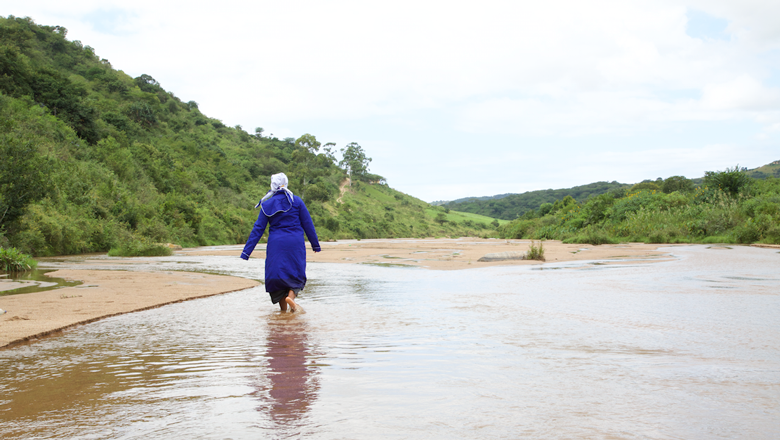The parasite disease is a big public health problem in South Africa. Here is a list of five things everyone should know about Bilharzia.
The microscopic Bilharzia parasites live in fresh water and can penetrate the skin upon contact. No pain is felt and people are unaware of it as it is not possible to see the parasite. Swimming or doing laundry in infested rivers, lakes and lagoons pose a high risk. The parasites stay in the body 5 years, but up to 30 years is possible and cause great damage. Research shows that bilharzia affects both sexes and all ages. 5,2 million people in South Africa are at risk of Bilharzia. The problem is mainly found in Kwazulu-Natal, Mpumalanga, Limpopo and Eastern Cape.
– We are currently working on a strategy to eradicate Bilharzia as a public health problem. It is unbelievable that such a small parasite can cause so much damage, Tsakani Furumele, the Director of Communicable Disease Control in South Africa, said.
Bilharzia will be a prioritized disease for the Department of Health. She emphasizes the importance of information to the public and treatment of school age children in affected provinces.
– The first step to stop the problem is to raise awareness about the damages the disease can cause. Our aim is that people know just as much about Bilharzia as they do about HIV and TB. Please read the checklist to be sure you know enough about Bilharzia. It might be affecting you seriously without you even knowing it, Tsakani Furumele, said.
-
Bilharzia is more dangerous than crocodiles
Both live in freshwater and can damage the human body tremendously. Bilharzia affects more than 260 million people, and many million people all over the world suffer from severe morbidity as a consequence of this disease. Crocodiles on the other hand, “only” attack 2500 people each year. Statistically, you are 100.000 times more likely to get hurt by Bilharzia than a Crocodile.
-
Bilharzia may damage female genitals
The most well-known symptom of Bilharzia is blood in the urine. New research shows that Bilharzia also affects women’s genitals. The genital Bilharzia may cause spotting, sores, smelly discharge, infertility and over 42 million women are affected worldwide. Both sexes are at the risk of becoming infertile.
-
Bilharzia is a major public health problem
The World Health Organization has recognised Bilharzia as a major public health problem in the world. Many countries, such as Egypt have mass treated school children and successfully controlled the disease. Other countries are planning to do the same.
-
Bilharzia is not only a child’s problem
Children are susceptible to the disease, since they are often swimming or playing in water. However, because Bilharzia can stay in the body for 30 years. You may have Bilharzia even if you have not been in a river for many years.
-
Bilharzia can be prevented
Adults may be difficult to treat so disease should be prevented. The drug Praziquantel has been used successfully over the past 30 years to control Bilharzia in many countries. It is very safe to use and has been given to millions of people. We fight Bilharzia by treating school children regularly with Praziquantel. Treatment of whole communities several times will curb the transmission. The most profound prevention is not to use infested water, and safe water must be provided to all – those who play and those who wash or those who just need to cross the river.
Source:
World Health Organization International: http://www.who.int/schistosomiasis/en/

